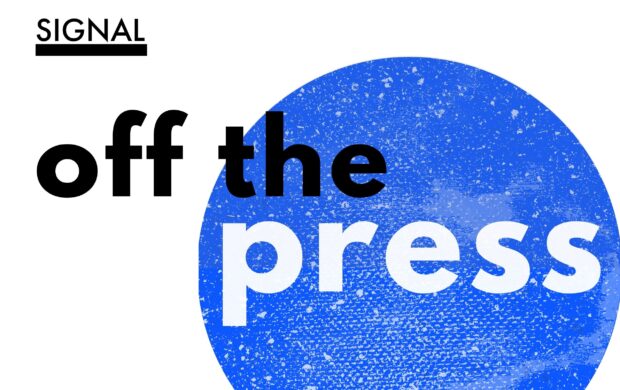Robinhood Markets, a digital US investment brokerage, stands accused by Massachusetts regulators of gamifying investing. Massachusetts regulators allege that the company has been aggressively recruiting novice investors, and has been failing to act in the best interests of their clients by gamifying the experience. Using colors and simple messaging, the app could be empowering investors to take risks instead of instilling a sense of severity and consequence.

So what?
Over the past five years, there has been a boom in digital investment companies, and apps have been emerging all around the world. These apps have rapidly broken down barriers to entry for new investors, and have become extremely popular, to the point of having significant influence in markets. At scale, these new and relatively inexperienced non-professional investors are changing flows of finance, sometimes choosing flashy tech startups over incumbents, or making investments based on beliefs rather than facts. This is believed by some to be accelerating market disruptions and propping up companies which lack basis for investment.
That the Massachusetts securities regulator alleges that one of these companies is gamifying the experience, signals that the same human predilections around risks and rewards which we know to be addictive and dangerous with alcohol and drugs, gambling, and video games is also potentially present in digital investing. Not only could this impact the individuals taking part, but emerging from this collective action comes changed market behaviours which are having major impact around the world.
If Robinhood is found guilty of gamification, will this trigger a series of investigation into other digital brokers? If so, what could be the impact of tighter regulation on financial technology (like investment apps) on the wider society? Could we see a return to blue-chip investing and more difficulty for startups to find capital, and could this slow a transition to new forms of value creation?




















Join discussion